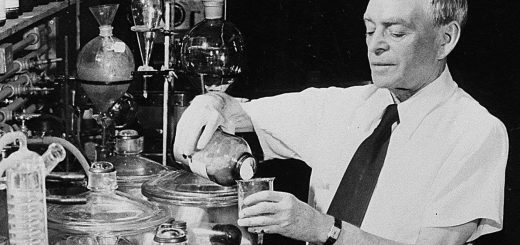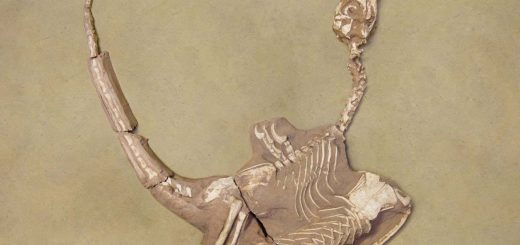Another quantum computer reached quantum advantage – does it matter?
A quantum computer that uses particles of light took about two dozen microseconds to complete a calculation that may take trillions of trillions of trillions of years on the world’s best supercomputers
By Karmela Padavic-Callaghan
22 August 2025
An earlier prototype of Jiuzhang 4.0, the quantum computer that achieved quantum advantage
Chao-Yang Lu/University of Science and Technology of China
A quantum computer may have reached “quantum advantage” by carrying out a task that is firmly out of the reach of the world’s best supercomputers. Experts have estimated replicating the calculation on a classical machine would take trillions of trillions of times the age of the universe. But what does this feat mean for the development of truly practical quantum computers?
Read more
Quantum computers hit a crucial milestone for error-free calculation
The new record holder is a quantum computer called Jiuzhang 4.0 that makes calculations using particles of light, or photons. Chao-Yang Lu at the University of Science and Technology of China and his colleagues used it for Gaussian boson sampling (GBS), a task where a sample of photons is measured after the particles have travelled through the computer’s sprawling and complex arrangement of mirrors and beam splitters.
Previous records for this task involved fewer than 300 photons, but in this case Jiuzhang used 3090 particles. That is a tenfold improvement, which signals an increase in computational power. Lu and his colleagues estimated a state-of-the-art algorithm run on the world’s most powerful supercomputer would take 1042 years to simulate what Jiuzhang completed in 25.6 microseconds.
“The results are, without a doubt, an impressive technical achievement,” says Jonathan Lavoie at the Canadian quantum computing start-up Xanadu, which held a previous GBS record of 219 photons. Chris Langer at the quantum computing company Quantinuum, which has previously demonstrated quantum advantage with a different type of quantum computer, says this is a significant advance. “I think it is important that quantum systems can prove that they are not simulable,” he says.
But a Jiuzhang machine has been here before. Several times, researchers used earlier versions of the quantum computer to demonstrate GBS with high numbers of photons that seemed impossible for traditional computers to simulate. Each time, they were thwarted as classical computers replicated their results, sometimes in under an hour.


